66 F. high in the Twin Cities Thursday.
78 F. average high on June 12.
76 F. high on June 12, 2013.
56 number of years I've been on this planet. Please pray for me.
June 12 in Minnesota Weather History. Data: Twin Cities National Weather Service:
1991: Lightning struck a tree at the U.S. Open golf tournament in Chaska, MN. One spectator was killed, and 6 people were injured
1968:
The 13 mile long path of an F5 tornado took it directly through Tracy,
MN. Nine people were killed and 111 homes destroyed. Farms outside of
town were swept completely away, two of which had been hit by a tornado
44 years earlier
1930: Tornado hits Northfield area, heavy damage at Randolph.
A Lazy Jet Stream
Why
is my furnace on - a week before the Summer Solstice? Why are we
Seattle-like, stuck in a perpetual puddle with far more rainy days than
dry days? I have a pet theory, based on emerging science linked to
changes in the Arctic and rapid warming up north.
Ever since the
Polar Vortex treated us to a "Laura Ingalls Wilder Little House on the
Prairie Winter" the jet stream has done more aimless looping and
meandering than usual.
Rapid warming over the Arctic shoved polar
air into the USA, knocking the jet stream out of alignment. It's still
trying to get its groove back, blowing 300-500 miles farther south than
normal for mid-June. Which means big temperature gradients/contrasts
over the northern USA. Which, in turn, is spinning up a conga-line of
unusually intense storms.
I hereby decree that the weekend starts
right now (I am within my First Amendment rights!) Expect blue sky, less
wind and fewer goosebumps with highs surging into the 70s.
An
ill-timed warm front approaches this weekend, a magnet for T-storms
packing locally heavy rain into much of next week. Another 1-3 inches of
rain falling on saturated soil may spark flash floods.
Remember, I'm just the messenger.
2.41" additional rain by midday Sunday (00z NAM model).
2.5" rain predicted for the Twin Cities the next 9 days (ECMWF model).
3.53" rain predicted for KMSP over the next 16 days (GFS model).
The Jungles of Minnesota.
It may look jungle-like out there at times Saturday and Sunday, again
the middle of next week as a frontal boundary stalled nearby keeps
swarms of T-storms hovering over the Upper Midwest. NOAA guidance shows a
potential for 2-4" of rain from Des Moines to the Twin Cities, St.
Cloud and Brainerd over the next 7 days.
Dew Point Trend.
Here's an effective meteogram trend of rainfall probability and dew
point (an absolute measure of how much water is in the air). Dew points
in the 40s will lead to a very pleasant day today, anything above 60F is
considered sticky and 70+ is tropical and very uncomfortable (unless
you grew up in Belize). Chart: Weatherspark.
Future Radar.
NOAA's 12 km NAM model shows heavy showers and T-storms pushing across
the Upper Midwest Saturday and Sunday, skies drying out temporarily
Monday (of course) before another round of heavy weather the middle of
next week. T-storms will be numerous east of the Mississippi River into
early next week. Loop: HAMweather.
First 90 of 2014?
GFS guidance from NOAA shows some upper 80s around June 22-24, and
although it's way out on a limb, it's not inconceivable that the first
90-degree high of 2014 is 9-10 days away.
How El Nino Will Change The World's Weather in 2014.
From India and Australia to the United States - there will be a ripple
effect as the odds of a potentially significant El Nino continue to
grow. Here's an excerpt from a good summary at
The Guardian: "...
The latest El Niño prediction comes from the European Centre for Medium-range Weather Forecasts
(ECMWF), which is considered one the most reliable of the 15 or so
prediction centres around the world. “It is very much odds-on for an
event,” said Tim Stockdale, principal scientist at ECMWF, who said 90%
of their scenarios now deliver an El Niño. "The amount of warm water in
the Pacific is now significant, perhaps the biggest since the 1997-98
event.” That El Niño was the biggest in a century, producing the hottest
year on record at the time and major global impacts, including a mass die-off of corals..."
USDA: Drought Cuts Wheat Crop; Corn, Soybeans Good. Here's a snippet of an update on where things stand from AP and
ABC News: "
The
nation's wheat crop is smaller than earlier was predicted due to
drought, but corn and soybean crop expectations have changed little in
the last month, the U.S. Department of Agriculture said Wednesday.
Agency reports show farmers producing 1.38 billion bushels of winter
wheat, down 2 percent from a month ago and 10 percent from last year.
Hard red winter wheat, the type often used to make bread, is down 3
percent from last month's estimate to 720 million bushels..."
Climate Threat To America's "King Corn".
Will new corn hybrids, pesticides and herbicides be able to keep up
with more volatile weather patterns, more severe swings from drought to
flood? Here's an excerpt of a post at
The Guardian: "...
Recent
studies have found corn at high risk from the higher temperatures,
changing rainfall patterns, and water shortages caused by climate
change. Corn plants are especially sensitive to heatwaves and drought. A report in Science last month
found that growers were having more trouble than initially expected in
adapting to hotter and drier conditions. Over the years, farmers in the
mid-west have taken advantage of new corn varieties that are more
resistant to pests and have more water-resistant roots by planting corn
plants closer together. But the Science study found those densely
planted fields were even more vulnerable to heat and water stress..."
Photo credit above: "
A decimated corn crop in central Kansas, US. The $1.7tn corn industry is at grave risk from climate change." Photograph: Jim Reed/Corbis.
Study: Climate Change is a Growing Threat to Corn Production. NPR has the segment
here.
Rainfall That Closed I-70 Equivalent to "1,000 Year Flood", ODOT says.
The flash flooding that hit Dayton, Ohio on May 21 redefined the
meaning of "downpour". Here's an excerpt from a summary and perspective
from
The Dayton Daily News: "...
So
much rain fell in some locations that the storm was the equivalent of a
1,000-year flood, ODOT said in a report released Thursday. The highway
agency based its analysis on records kept by the Miami Conservancy
District and other weather trackers. Total rainfall in the area of
flooding was approximately 4.5 inches in roughly a two-hour time period.
The interstates are designed for a 50-year flood, the standard since
the interstates were built, ODOT said..."
Photo credit above: "
Interstate 70 is closed at Bellefontaine Road due to high water over the road Wednesday, May 21." Marshall Gorby - Staff.
Worst Weather-Gig On The Planet: North Korea.
If I'm wrong (which has been known to happen) I get an earful, flaming
e-mails, texts and dirty looks. And that's from family and friends. In
North Korea an inaccurate forecast may get you sent to a gulag, prison
camp, or worse. Here's a clip from
The Miami Herald: "...
Many
people around the world grumble about inaccurate weather forecasts, but
North Korean leader Kim Jong Un is doing something about it. Kim, the
third generation of his family to rule, is using his position atop the
authoritarian country to warn meteorologists against the "many incorrect
forecasts" caused by old observation systems. It remains to be seen
whether Kim's field guidance trip to the state-run Hydro-Meteorological
Service, reported by state media Tuesday, will lead to more accurate
weather predictions. But it was a rare official acknowledgment by proud
but impoverished North Korea of its struggles with outdated technology..."
Why Superstitious People Should Stay Home (Today). I'm not coming out of my weather-bunker. Here's a video and excerpt from
ABC News: "
Get
the garlic. A full moon is rising on Friday the 13th -- the very same
day a solar flare could send a shockwave to Earth’s surface. It’s a
triple whammy for superstitious folks, according to Stuart Vyse, a
psychology professor at Connecticut College. “People tend to try to read
something into coincidences like these,” said Vyse, author of
“Believing in Magic: The Psychology of Superstition...”
America's Late-Imperial Dilemma. Here's an excerpt of an interesting Op-Ed about the limits of American power at
Project Syndicate: "...
Obama’s
critics, whether on the left or the right, believe that the United
States has a unique calling to impose its will on the world. The only
difference is that the former justify their views with talk of democracy
and human rights, while the latter do not need any such justification,
because, after all, America is the greatest country on earth. Either
way, the premise that the US should lead forcefully rests on the idea
that without a benevolent hegemonic power to police the world, chaos
will ensue and more malevolent forces will take over..."
Read more here: http://www.miamiherald.com/2014/06/12/4173354/n-korean-leader-complains-about.html#storylink=cpy
America's Late-Imperial Dilemma. Here's an excerpt of an interesting Op-Ed about the limits of American power at
Project Syndicate: "...
Obama’s
critics, whether on the left or the right, believe that the United
States has a unique calling to impose its will on the world. The only
difference is that the former justify their views with talk of democracy
and human rights, while the latter do not need any such justification,
because, after all, America is the greatest country on earth. Either
way, the premise that the US should lead forcefully rests on the idea
that without a benevolent hegemonic power to police the world, chaos
will ensue and more malevolent forces will take over..."
One Word: "Batteries".
There's a fortune to be made for a company capable of bringing up
battery storage capacity while driving costs lower. Right now Tesla is
at the front of the race, as described in this excerpt from
Bloomberg: "...
You might be forgiven if you missed the connection, but it’s right there in the EPA filing, on page 507 (out of 645):
“Electricity
storage technologies have the potential to enhance emission performance
by reducing the need for fossil fuel-fired EGUs [Electric Utility
Generating Unit] to provide generation during periods when intermittent
wind and solar generation are unavailable due to natural conditions.
States may wish to consider this possibility as they consider options
for design of their plans.”
Translation: as
solar panels and wind turbines become more attractive, batteries can
store power for when the sun isn’t shining and the wind doesn’t blow.
Renewables will account for about 70 percent of new generation capacity
added worldwide from 2012 to 2030, according to Bloomberg New Energy
Finance..."
Photo credit above: Photographer: Tesla Motors Events. "
Inside Tesla's car body factory on June 5, 2012."
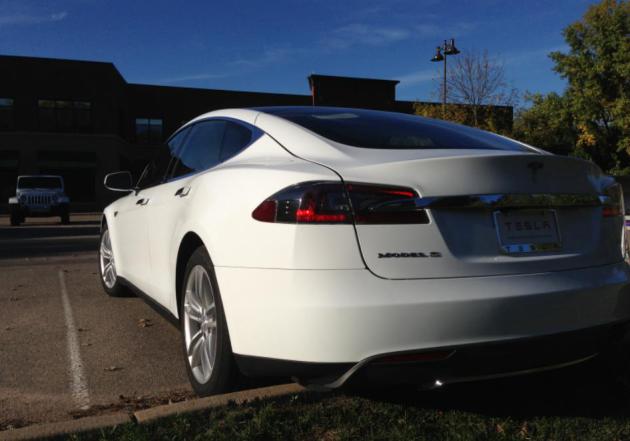 Tesla Wants To Kill Gasoline By Sharing Its Electric Car Technology With Everyone
Tesla Wants To Kill Gasoline By Sharing Its Electric Car Technology With Everyone. Here's a clip from a follow-up story from
The Verge: "
In
an attempt to spur innovation, Tesla Motors says that it will allow
anyone to use its patented technology on electric vehicles — even its
biggest competitors. In a blog post,
company CEO Elon Musk says that Tesla will not initiate patent lawsuits
against anyone using its technology "in good faith." He's made this
decision in part because the electric vehicle landscape is so limited
right now, with these vehicles representing less than one percent of
major automakers' sales. Musk also believes that the current patent
system often serves to stifle innovation and bolster large corporations,
rather than helping out individual inventors..."
With Uber, Less Reason To Own A Car.
It's dangerous to stereotype, but it seems like younger people have
less attachment to cars than their parents, and the idea of only paying
for what you use has a lot of merit. Here's an excerpt from
The New York Times: "...
Uber
could pull this off by accomplishing something that has long been seen
as a pipe dream among transportation scholars: It has the potential to
decrease private car ownership. In its long-established markets, like
San Francisco, using Uber every day is already arguably cheaper than owning a private car. Uber says that despite dust-ups about “surge pricing” at busy times, its cheapest service, UberX, is usually 30 percent less expensive than taxis..."
More Millenials Hugging It Out. Because a firm handshake is so 1980s. Here's a clip from a story at
Philly.com: "...
The
rise in hugging can be directly traced to declines in homophobia,
according to Mark McCormack, a University of Durham (England)
sociologist who has studied the behavior of young men in the United
States and the United Kingdom. "These guys don't care whether other
people perceive them as gay. In the '80s and '90s, if you were perceived
as gay, you'd face huge stigma for it. You'd get marginalized and
insulted," he said. Now, he says, "gender behavior isn't regulated in
the same way..."
Is New Hampshire Really The Drunkest State in the Union?
Probably not, it turns out, but the statistics are interesting. More
alcohol consumption in colder, northern states as a rule? That makes
sense on some level, especially after this past winter. Wisconsin
residents drink more than Minnesotans? Who knew? Here's an excerpt from
The Concourse: "...
The
report also broke down the data by state. Utah comes in last, of
course, but it's sort of surprising to see just how far New Hampshire is
in front of the pack. The state "consumes" 4.65 gallons of alcohol per
capita, beating Delaware—the second-booziest state—by over a gallon..."
TODAY: Sunny & beautiful. West 5-10. High: 76
FRIDAY NIGHT: Clouds increase, T-storms far western MN. Low: 59
SATURDAY: Humid, T-storms likely. Winds: SE 20+ High: 75
SUNDAY: More showers, T-storms. Winds: SW 10. 63. High: 77
MONDAY: Partly sunny, warm and dry. Wake-up: 61. High: 83
TUESDAY: Sticky, scattered T-storms. DP: 64. Wake-up: 64. High: 81
WEDNESDAY: Tropical. Heavy T-storms late. Wake-up: 66. High: 84
THURSDAY: Shocker: more T-storms. Wake-up: 67. High: 83
Climate Stories....
Extreme Flooding Events Influence UK Climate Views. In England, extreme flooding, more than spikes in heat, influence people's perception of climate change. Here's a clip from
The BBC: "
Flooding,
more than heat-related weather events, influence UK residents'
perception of the risks associated with climate change, a survey has
shown. Researchers found that British people perceived heatwaves had
become less common in their lifetimes, while flooding had become more
common. They said the results suggested that warnings about future
impacts may not be heeded if they only focused on heat. The findings
have been published in the journal Risk Analysis..." (Image above: PA).
When The Weather Went Medieval: Climate Change, Famine and Mass Death.
The Daily Beast has the article; here's the intro: "
Natural’
disasters are most disastrous when humanity gives them a push,” William
Rosen asserts, and his lucid exposition of the fatal interaction of
ecological, agricultural, economic, and political factors that led to
the Great Famine of 1315-1322 should give pause to anyone who thinks we
have outgrown such shortsightedness. Long before the bitter cold winters
and drenching rains of the early 14th century announced the end of the
Medieval Warm Period (MWP), Europe had expanded dangerously close to the
limits of its resources..."
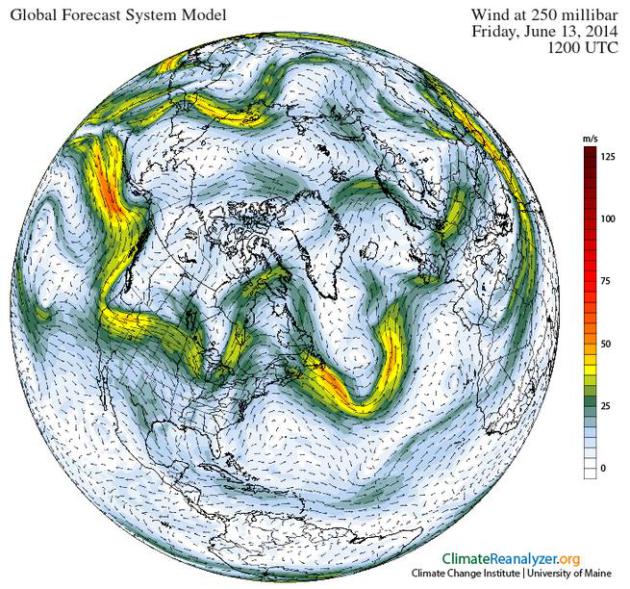
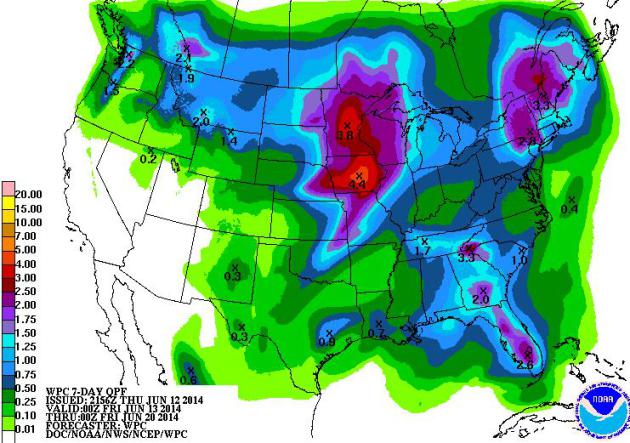
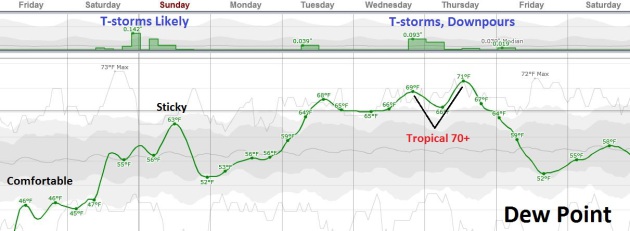
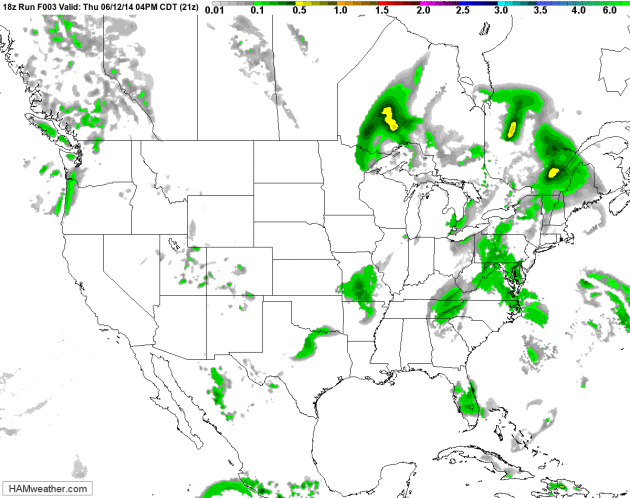
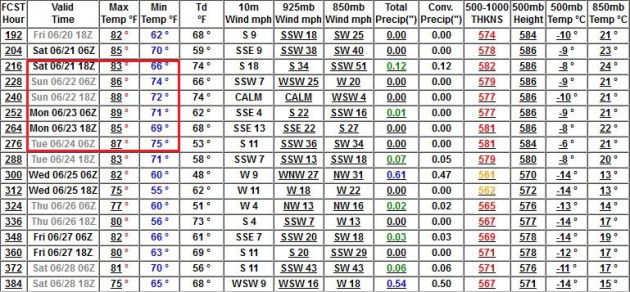
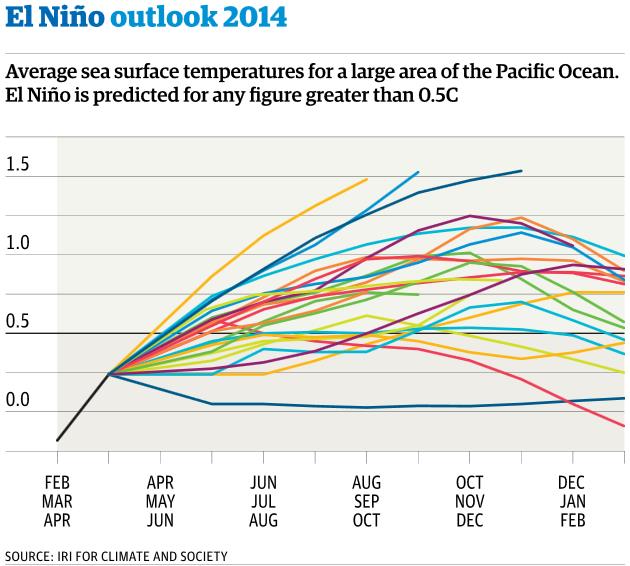
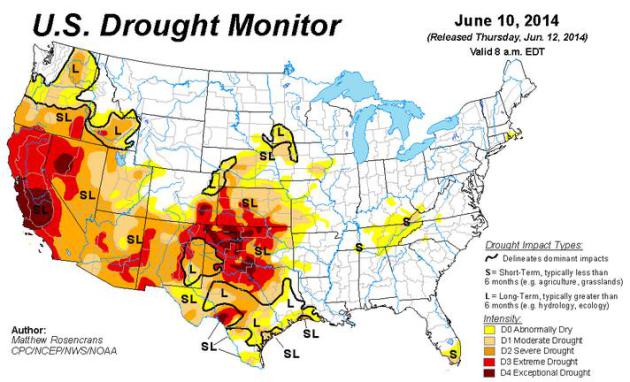

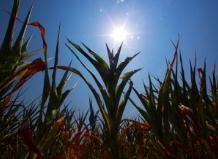
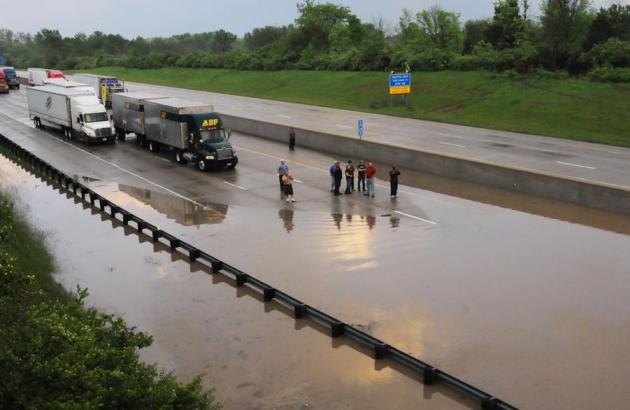
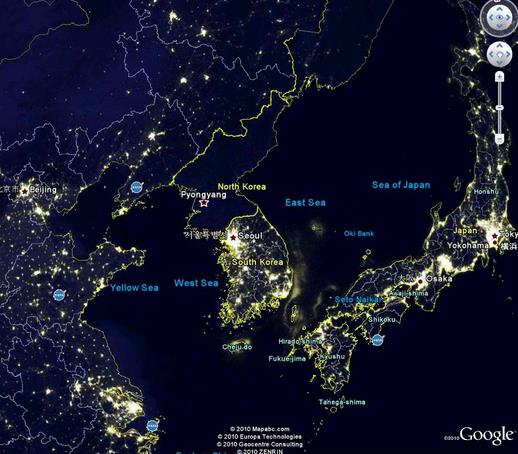


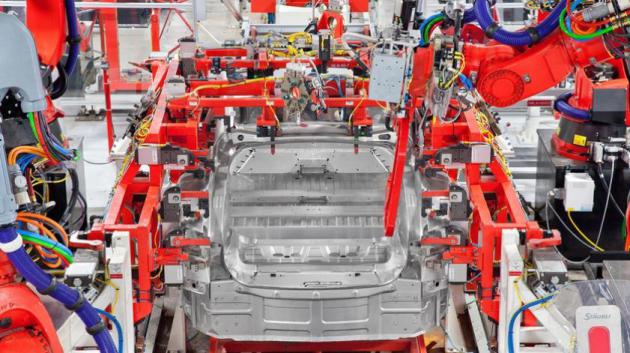


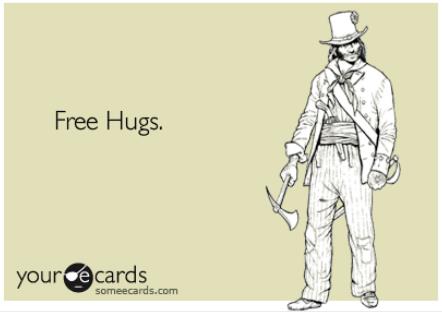
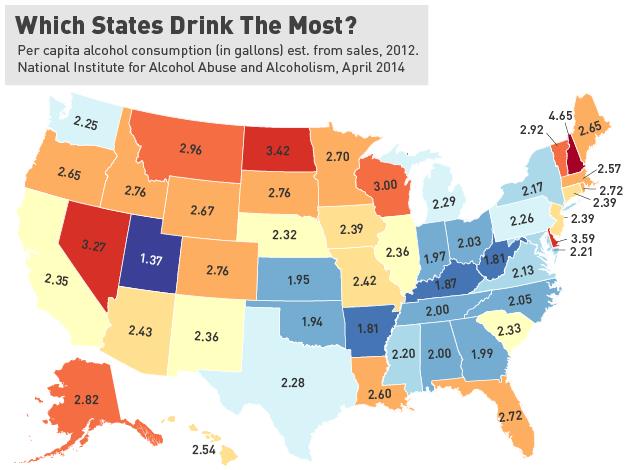
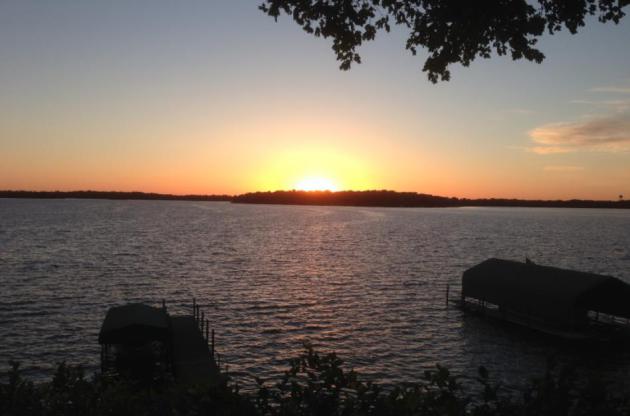
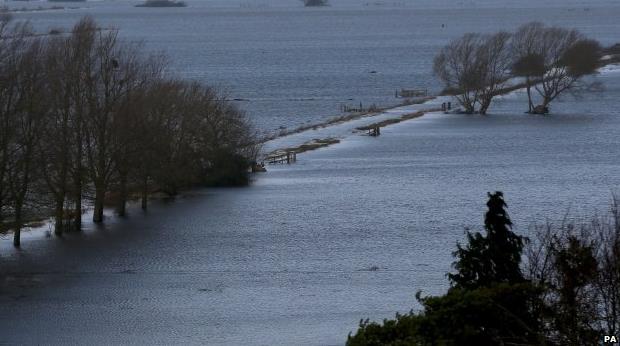
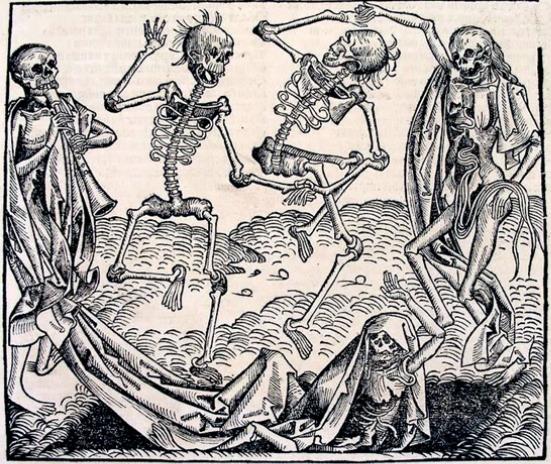
No comments:
Post a Comment